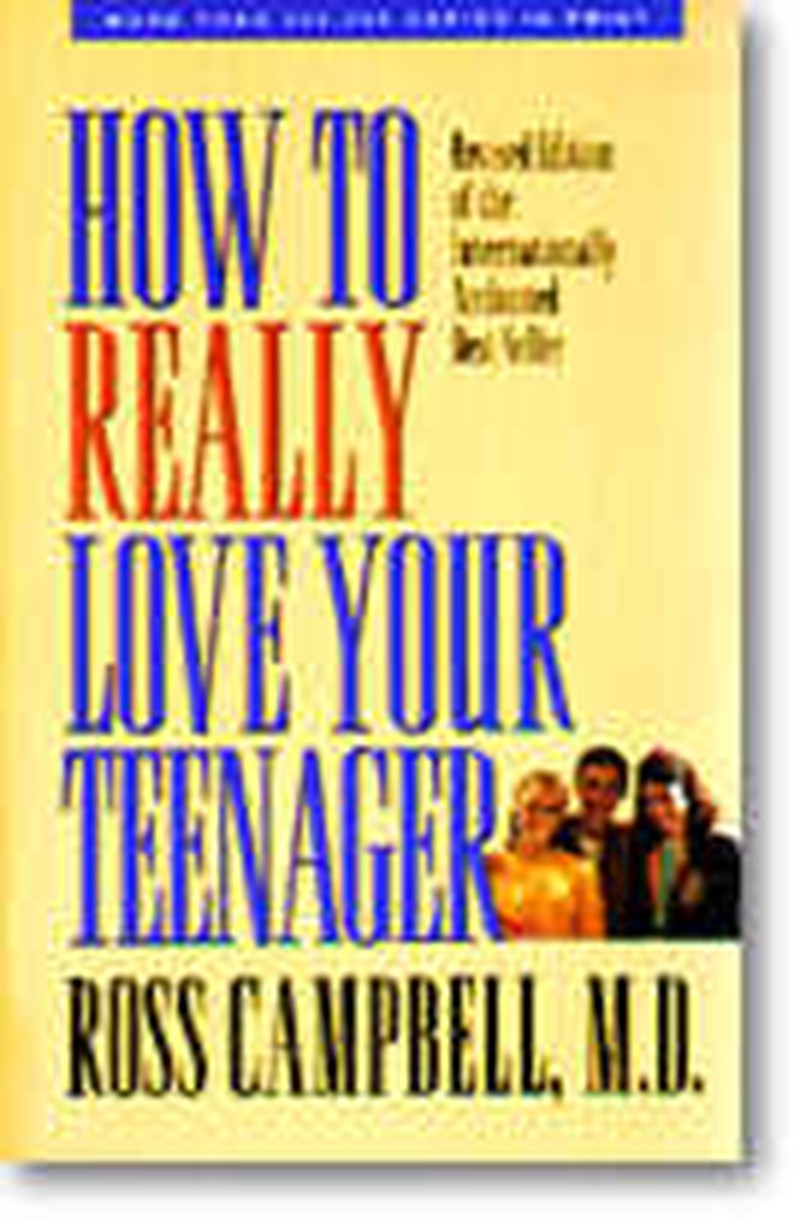How to Really Love your Teenager
- Ross Campbell
- Published Jul 16, 1999

Guiding your child through the teenage years can be an exciting, challenging, and often a perilous adventure. The basic foundation for a solid relationship with your teenagers is unconditional love. Only when this foundation is built can you be confident in your parenting. Otherwise parenting is confusing and frustrating. This love acts as a guiding light, knowing where you are with your teenager.
Unconditional love to your teen means loving them:
- No matter what they look like.
- No matter what his/her assets, liabilities, and handicaps are.
- No matter how he/she acts.
Parents need to remember that:
- Teenagers are children.
- Teenagers will usually act like teenagers.
- Much of teenage behavior is unpleasant.
- If you love your teenager only when they please you (conditional love) and convey your love only during those times, he/she will not feel genuinely loved. This will make your teen feel insecure, damage his/her self-image, and actually prevent him/her from developing more mature behavior.
- If you love your teen unconditionally, he/she will feel good about himself/herself. He/she will be able to control his/her anxiety, and in turn, his/her behavior as he/she grows into adulthood.
- Teens are continually asking Do you love me? He/she asks the question primarily through his/her behavior, rather than with words. Your answer to that question is critical. If you answer it no your teen will not be or do his/her best. Few parents answer it yes because they don't know how. Adults answer with words, while teens, like younger children, are behaviorally oriented and don't relate to the words being said. You need to behaviorally love them by what you do, not what you say.
- Teens usually reflect rather than initiate love. If love is given to them, they return it. If none is given, they have none to return.
- Teens keep coming back. No matter how much they say they dislike their parents, they need their emotional support for success. They desperately need full emotional tanks in order to feel the security and self-confidence they must have to cope with peer pressure and other demands of adolescent society. Without this confidence, teens tend to succumb to peer pressure and experience difficulty in upholding wholesome, ethical values.
- Your teen will test you. Usually this is by inappropriate behavior as they strive for independence. Don't overreact emotionally. This does not mean condoning the misbehavior. You need to express your feeling honestly but appropriately - without extreme anger, yelling, name-calling, attacking the child verbally, or otherwise losing control of yourself.
From How To Really Love Your Teenager by Ross Campbell. Copyright (c) 1981, 1993 by Chariot Victor Publishing, a division of Cook Communications, Colorado Springs, Colo., 1-800-437-4337. Used by permission.
Ross Campbell, M.D., is associate professor of pediatrics and psychiatry at the University of Tennessee College of Medicine. His other books include How to Really Love Your Child. Dr. Campbell and his wife, Pat, have four grown children.




















